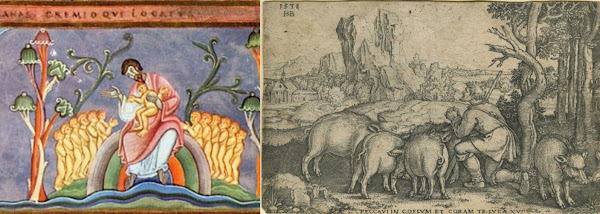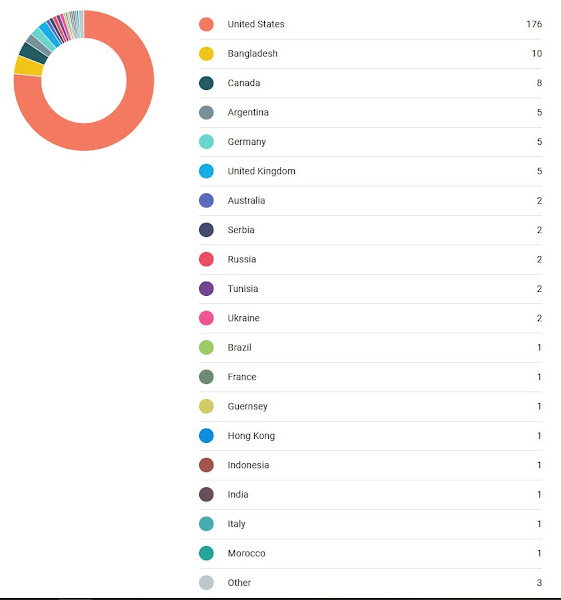Thanks to readers for the week of 20-27 July, 2021

Thank you to readers of this blog for this past week, which the blog's analytics say came to 95 views from the following countries: The blog's analytics are limited in how many countries they can list, and "other" may include views from other nations, or readers whose browsers block the tracking of one's nation of origin. Whether your country is listed or not, thank you for your interest. I am grateful and humbled. ~~~~~~~~~~~~~~~~~~~~~~~~~~~~~~~~~~~~~~ My current project is a book tentatively titled Hamlet’s Bible , about biblical allusions and plot echoes in Hamlet. Below is a link to a list of some of my top posts (“greatest hits”), including a description of my book project (last item on the list): https://pauladrianfried.blogspot.com/2019/12/top-20-hamlet-bible-posts.html I post every week, so please visit as often as you like and consider subscribing.








